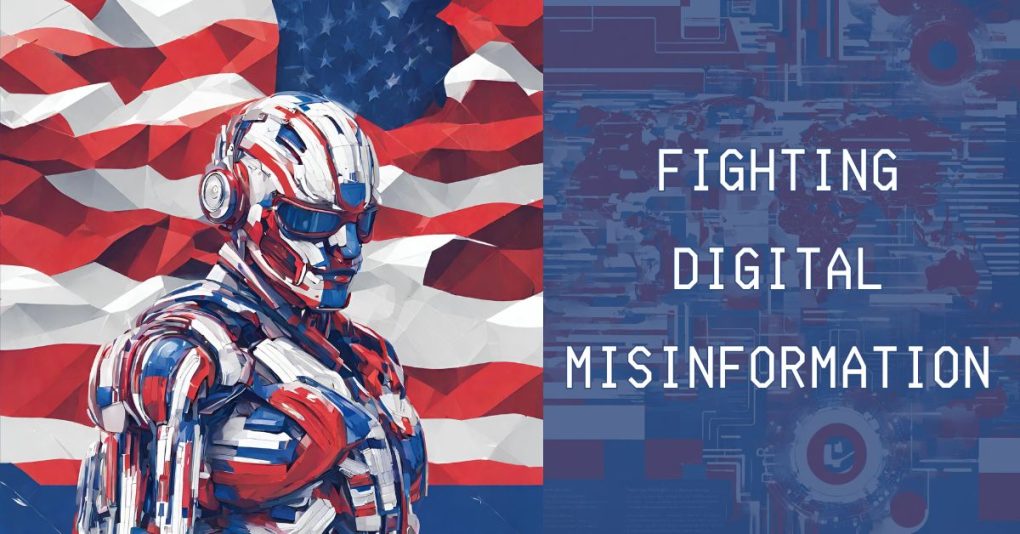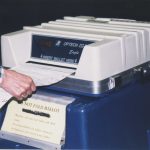We’ve said this for years, and in 2024 it will become more important than ever.
“If you don’t define yourself online, someone else will.”
AI threatens to upend what voters read, see, and hear about political campaigns.
The biggest danger of generative AI is that it brings the cost of creating misinformation to zero. Fake copy and altered images are bad enough. But now there is the ability to create convincing voice-overs and even AI-generated video.
This makes having an online presence, particularly having a campaign website and social media accounts, more important than ever. Beyond just countering misinformation, these platforms offer ways to engage in real-time with voters.
Deepfakes, which are AI-generated fake audio and video, can be particularly damaging. They can falsely depict a candidate in a negative light. Because they can accurately impersonate a candidate, it makes fighting back through official channels even more important.
While these threats are often associated with larger US presidential and congressional races, don’t be surprised if these tactics make their way into local races. The tools are already available, and the distribution modes are already in place.
AI has already been weaponized and already led to deep-fake material polluting the political discourse. We expect this unfortunate trend to continue.
Think you’re safe because you’re running for a local position?
By ignoring digital campaigning, candidates leave the door open for others to shape their image. An official campaign website gives you a place to clearly articulate your policies and achievements. There’s no third-party media, no comments, or other distractions.
Having your own website acts as a first line of defense against misinformation. It’s a place you control, where you can counter fake narratives, rumors, and news quickly and effectively. Of course, that’s just one part of a broader strategy. Engaging in email campaigns, utilizing direct communication through SMS, and leveraging digital ads are also important. Offline events and meetings can also help dispel misinformation and improve direct voter engagement.
Local campaigns are often more vulnerable to misinformation due to their smaller, more concentrated voter base. A single false story can rapidly influence community opinion about a candidate or issue. This is particularly true in where information can easily spread by word of mouth, online, or through both mediums.
- For example, a misleading social media post can quickly go viral. Local campaigns, often with limited resources, can struggle to keep up.
- And if a candidate is not on social media or even monitoring it, they have no way to combat misinformation or provide supporters with reliable information.
Unfortunately, the decline of local journalism only compounds the problem. Many newspapers and television news organizations are owned by large companies that do not cover local elections in depth. Without robust local news coverage, false narratives can go unchallenged. This leaves a gap that misinformation can quickly fill.
To get ahead of this problem, start developing relationships with local media outlets. This primarily includes journalists. If they know you, they are more likely to question rumors and seek your opinion directly. Also, working with local leaders through their organizations can also help you reach more people directly.
A digital platform enables candidates to respond immediately. Search Engine Optimization (SEO) tactics can help make your information ranks well in searches. And, as mentioned, regular press releases, media appearances, and engaging in community dialogues can round out your fight against misinformation.
Avoiding an online presence means missing out on connecting with a large segment of voters.
And that’s a risk your campaign cannot afford this election season!
« How Fast Can Your Campaign Website Appear on Google?Tactics for Conducting Digital Political Opposition Research »
Tags: political dirty tricks






